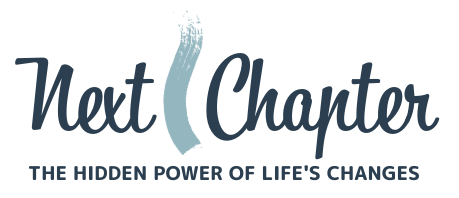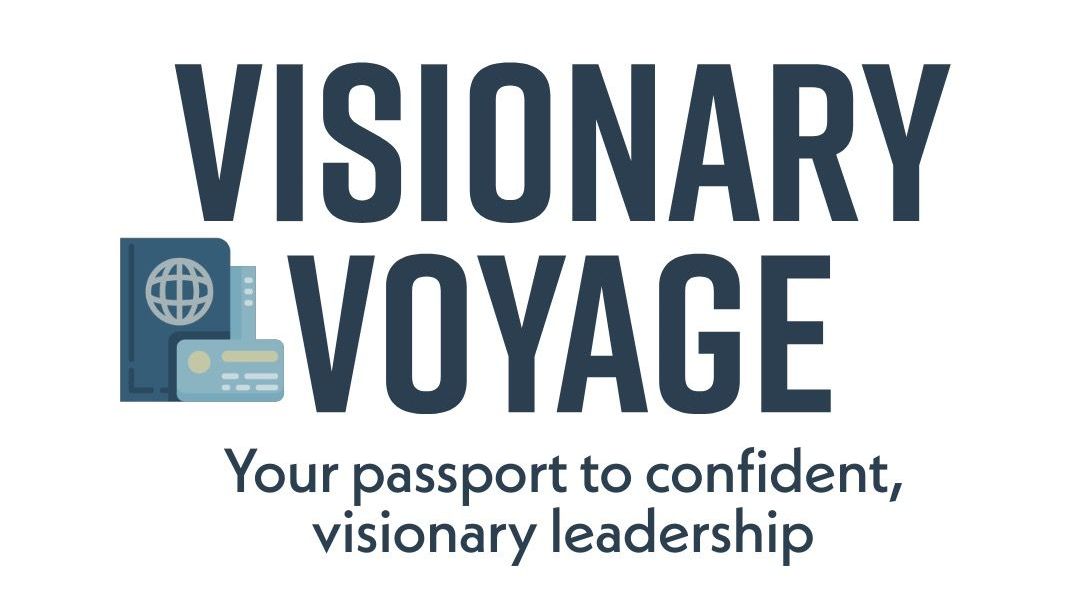
Change is a natural part of life, yet it often leaves us unprepared for its disruptive effects. Whether it’s the loss of a friend, a career shift, or a missed opportunity, these moments can stir feelings of anger, anxiety, and despair. While such reactions are normal, change also offers the potential for positive new beginnings. The challenge is moving beyond the immediate hardships and doubts that accompany these transitions.
In my practice, I draw on William Bridges' transition theory, which serves as the foundation for my coaching program, Next Chapter: Discovering The Hidden Power in Life’s Changes. This program views change as an external event that triggers an internal response, ultimately leading to a healthy transition. It guides individuals through three core stages: endings, wanderings, and new beginnings. While this time-tested approach is straightforward, it often requires guidance, as the signs for transformation, though present, can be difficult to recognize.
Internal signals like dissatisfaction, boredom, and restlessness are often early signals of a transition beginning to take shape, hinting that something deeper is worth exploring. When you find yourself irritated by others, feeling trapped in your current situation, or resenting management, these emotions are not just passing moods—they are signals that your inner self is calling for growth or transformation. Even disrespect for staff or colleagues can stem from a disconnect between where you are and where you need to be. These internal cues are worth examining, as they often point to a need for realignment with your true values, goals, or sense of purpose.
The following categories are not exhaustive. Some serve as road signs, while others act as signals. Awareness of these signs and signals often develops over time, and we usually notice them only when they form a pattern. It’s not uncommon for others to see these patterns before we do, as we often operate in a self-protective state, with our ego shielding us from feelings of vulnerability. However, it’s important to remember that while the ego may slow the forces of change, it cannot stop them. Change is inevitable—it’s how we grow.
Endings
- Losing a job
- Changing roles
- End of a relationship
- Financial changes
- Career dissatisfaction
- Changes in beliefs or values
Responses
- Grief
- Detachment
- Disillusionment
- Discouragement
- Confusion
- Disappointment
- Apathy
- Anger
Wanderings
- Emptiness
- Periods of isolation
- Abandonment of career
- Trial and error
- New awareness
- Shifts in perspective
- Reassessment of values
- Disintegration of the old life
Beginnings
- Awareness
- Realignment
- Discovery
- Reintegration of a new life
- Life in perspective
- Integrated life
- Wholeness
- Purposeful
The Next Chapter program helps individuals navigate through these stages, offering the necessary guidance to move from endings through the often difficult period of wanderings, to the promise of new beginnings. By doing so, it allows people to embrace change not as something to be feared, but as an opportunity for growth and transformation.
Next Chapter Corporate Program
Next Chapter structured coaching initiative based on William Bridges’ transition theory. The program aims to ensure that employees navigate their transition with clarity, confidence, and a sense of appreciation for their time at the company, regardless of whether they are departing due to voluntary turnover, retirement, or reductions in force (RIFs).
